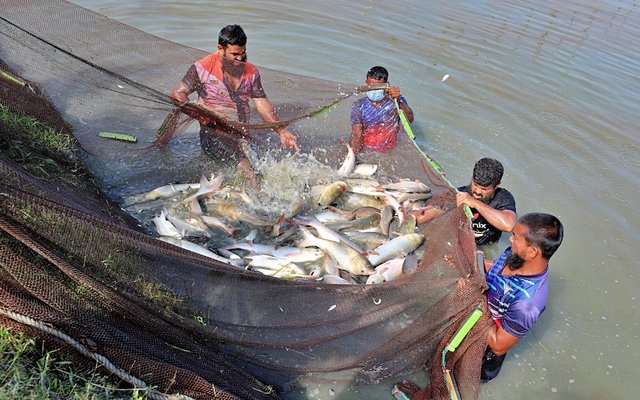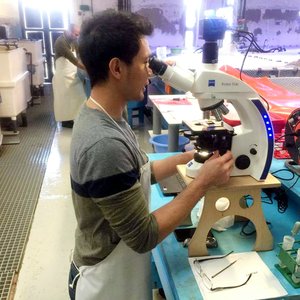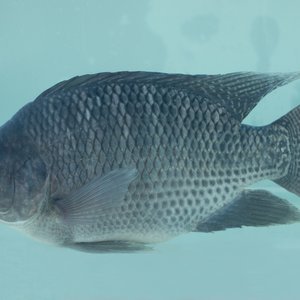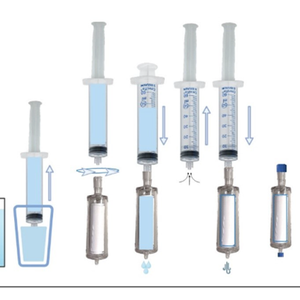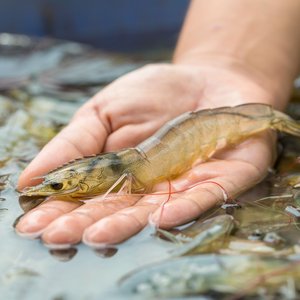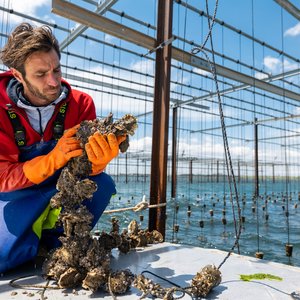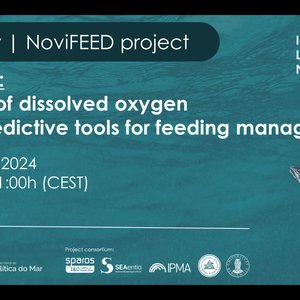The Feed the Future Innovation Lab for Fish at Mississippi State University announced $1.15 million in grants.
“Fish are an essential source of animal protein and income for people in developing countries. These new projects expand the Fish Innovation Lab’s work to ensure more people can access fish as part of their diet and benefit from livelihoods in aquaculture and fisheries sectors,” said Mark Lawrence, director of the Fish Innovation Lab and a William L. Giles Distinguished Professor in Mississippi State University’s College of Veterinary Medicine.
Building on the Fish Innovation Lab’s existing portfolio of 13 research-for-development projects worldwide, the newly awarded $1.15 million supports six projects spanning aquaculture and fisheries activities along the fish value chain in Bangladesh, Ghana, Malawi and Zambia. Carp genetic improvement in Bangladesh and a multivalent bacterial fish vaccine in Zambia are among the projects awarded.
Carp genetic improvement in Bangladesh
This project will promote the adoption of genetically improved carp in Bangladesh to improve aquaculture efficiency and resilience.
Objectives include ensuring capacity in private hatcheries and nurseries for business-plan implementation and commercial delivery of improved carps; assessing farm performance of genetically improved carps and providing data to strengthen marketing and business analysis; and securing and genetically improving core populations of rohu, catla and silver carp as well as developing and applying tools for genetic management of these three species that can be operated under a commercially oriented model.
The project will also support capacity development and sharing of learning and research innovations from existing Fish Innovation Lab activities, such as the Cryogenic Sperm Banking for Carps project, with private sector firms. The project will complement and collaborate with partners in a common national-level objective to commercialize unique genetically improved carp resources for the benefit of fish farmers in Bangladesh.
Multivalent bacterial fish vaccine in Zambia
The project aims to reduce aquaculture losses due to fish mortalities from identified disease-causing agents (Lactococcus garviae, Streptococcus iniae, Streptococcus agalactiae, Aeromonas hydrophila and Aeromonas veronii).
Objectives include identifying pathogens associated with fish mortalities in aquaculture establishments of Lake Kariba; confirming pathogenicity and disease causation through the development of experimental infection methods in tilapia; developing and testing autogenous vaccines for Lactococcus garviae, Streptococcus iniae, and/or Streptococcus agalactiae; devising methods of administering autogenous vaccines to fish on farms; and improving the administration of the already developed L. garviae vaccine.
The development of technology to manufacture vaccines locally will lead to improved profitability and sustainability of fish production as well as increased resilience to cope with disease outbreaks. Improved productivity can have a direct effect on the pricing of fish, allowing affordable access to fish by vulnerable individuals, including women and children.


